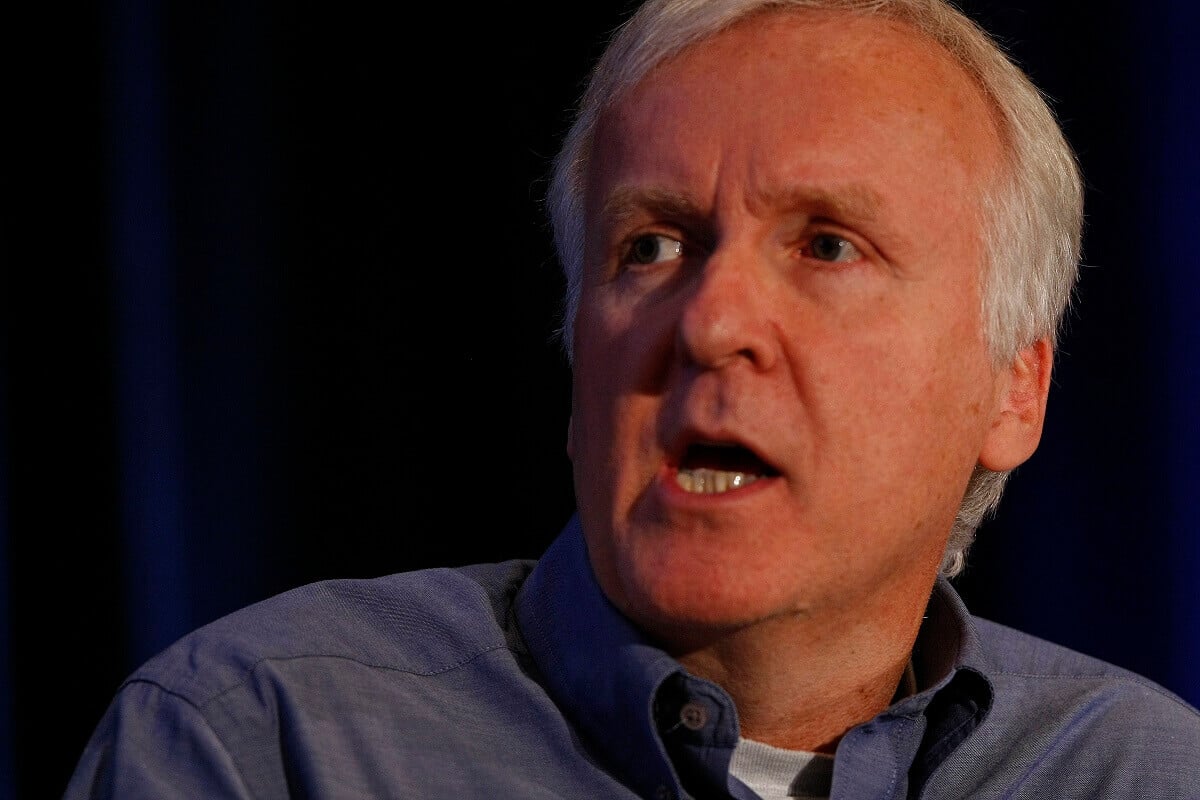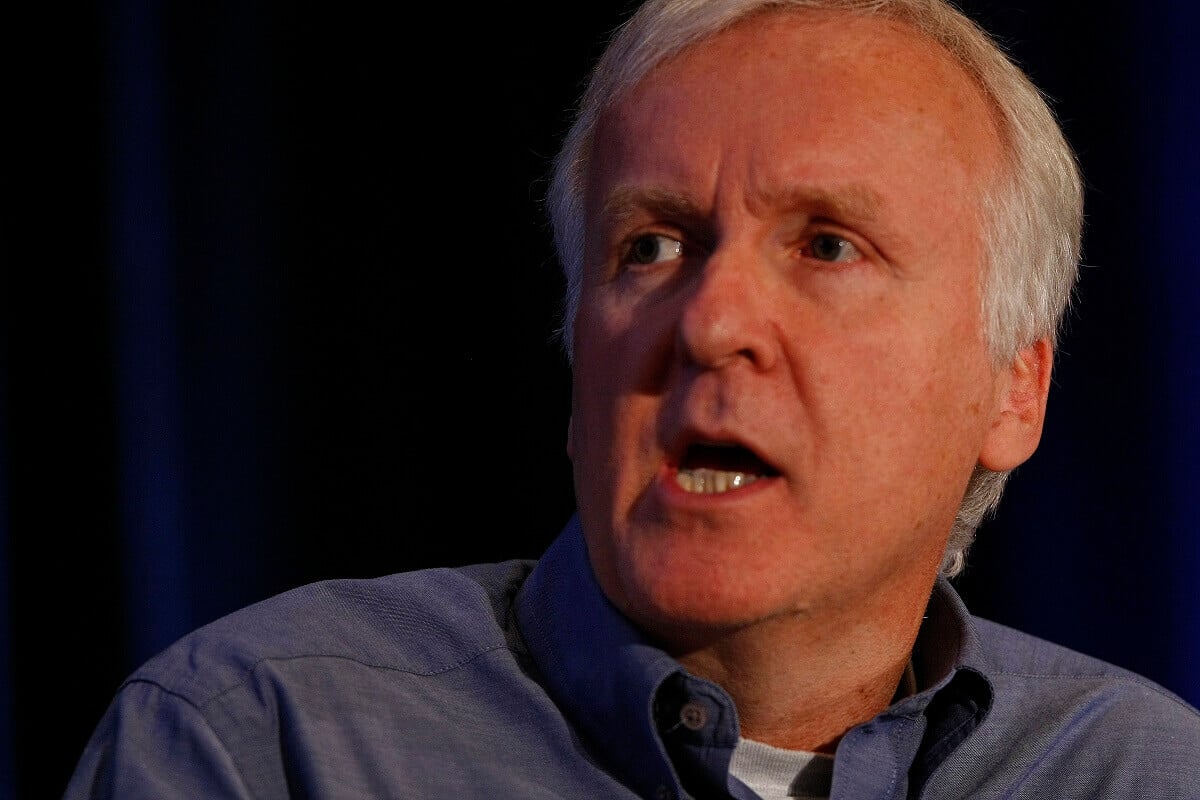
Marvel Creator Stan Lee Once Stopped James Cameron From Developing an ‘X-Men’ Movie
Marvel’s popular and iconic X-Men movies might’ve looked a lot different if James Cameron followed through on plans to bring the mutants to cinema. But the franchise’s architect Stan Lee directed Cameron’s attention to another superhero in his portfolio.
How Marvel creator Stan Lee stopped a James Cameron ‘X-Men’ movie

Before starting the Avatar universe, Cameron was once interested in entering the superhero space with his production company Lightstorm entertainment. The first property he seemed keen on getting his hands on was the X-Men franchise, which would later be inherited by Bryan Singer to direct. According to comic book writer Chris Claremont, Cameron was close to producing a film about Marvel’s mutants. His ex-wife, Kathryn Bigelow, was set to direct.
“Just think about this for a minute: James Cameron’s X-Men. Directed by Kathryn Bigelow. That’s what we were playing,” Claremont once said according to Flickering Myth.
But things changed after Stan Lee entered the picture, and inadvertently talked Cameron out of doing the X-Men.
“So we’re chatting. And at one point Stan Lee looks at Cameron and says, ‘I hear you like Spider-Man.’ Cameron’s eyes lit up. And they start talking. And talking. And talking. About 20 minutes later all the Lightstorm guys and I are looking at each other, and we all know the X-Men deal has just evaporated,” Claremont said.
Bigelow didn’t give up on the project, however, and actively pitched her own take on the X-Men. But her pitch didn’t go anywhere.
“Kathryn goes off and writes a screen treatment for X-Men that was eaten alive by all the idiots who have a piece of Spider-Man because Marvel during its evolution has sold off the rights time and time and time again. To Carolco. To Universal. To this to that. To Fox. It was just a nightmare,” Claremont said.
Stan Lee said that ‘X-Men’ director Bryan Singer was not a comic book director
Cameron would remain attached to Spider-Man for years before Sam Raimi would reintroduce the character on the big screen. Before that, controversial director Bryan Singer was hired to handle the X-Men. Lee was already familiar with the filmmaker’s work. Although he didn’t consider Singer an obvious choice for an X-Men feature, he had faith in Singer’s ability.
“This guy Bryan Singer, who did The Usual Suspects, he’s not a comic-book director,” Lee once said according to Ain’t It Cool News. “He does very intelligent, character-oriented movies. Yet, he’s a big fan of the X-Men. He wants to do this and he wants to make it intelligent and believable. He wants to take all these nutty characters with the crazy costumes who do insane things and make it very palatable to an adult audience as well as to the average comic-book fan. I have very high hopes for this. We couldn’t have found a better director.”
James Cameron made Bryan Singer change the ending to ‘X-Men: Days of Future Past’
Cameron would come back to the X-Men franchise years after his meeting with Stan Lee. Singer returned to Fox’s X-Men films by directing X-Men Days of Future Past. The 2013 movie saw the mutants going back in time to team up with their past selves to deal with a threat to both timelines.
Cameron was already very familiar with time travel having written and directed the Terminator films. Singer decided to ask for Cameron’s expertise on the matter when handling time travel in his own superhero feature.
Cameron had one note regarding Hugh Jackman’s Wolverine returning back to his timeline at the end of the film.
“I sent the film to Jim, and at the end of that movie, it was very interesting; when Wolverine woke up, originally, my editor was obsessed with this visual blurriness, so when Wolverine’s walking around he’s seeing things in kind of a blur,” Singer once said according to IGN.
But Cameron gave Singer his honest opinion that he didn’t like the blurring effect.
“So I sent that to Jim, and Jim called me and goes, ‘Bryan, that blurry thing made me think that the wool was going to be pulled out from under me, and I was not satisfied. I thought it was lie and that it would fail, and it would all be dark. Then suddenly it was okay,’” Singer remembered. “So I pulled the effect, and it was the only note Jim gave me. He gave me no other note. He said, ‘Oh, I love the movie. It’s going to be great, but please let the audience enjoy the fact that it all turned out okay… in that future.’”


